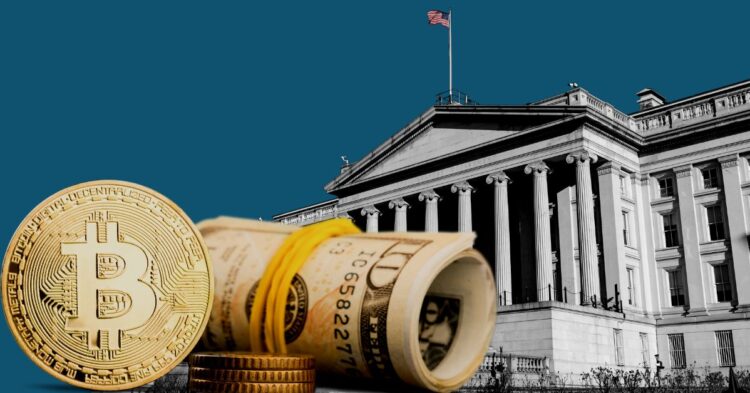In a significant development, the Federal Reserve Board announced on Monday that Michael S. Barr will be stepping down from his role as Vice Chair for Supervision. Despite this change, Barr will continue to serve as a member of the Board of Governors, ensuring that his influence within the Federal Reserve remains intact.
Michael S. Barr’s Influence and Ties
The announcement has sparked discussions across various financial sectors. Eleanor Terrett, a journalist with Fox Business, highlighted Barr’s strong connections with Senator Elizabeth Warren. Barr’s association with Warren has often been cited as a pivotal factor in the challenges banks face when dealing with cryptocurrency assets. His approach and policies have been seen as barriers that have hindered banks from fully engaging with and holding crypto assets.
Senator Tim Scott’s Criticism
Senator Tim Scott has been vocal about his concerns regarding Barr’s tenure. He criticized Barr for what he views as a failure to adequately oversee the safety of the banking system. Scott pointed to the banking failures of Spring 2023 as well as issues surrounding the Basel III Endgame proposal. These incidents have raised questions about regulatory oversight and the need for more robust financial governance.
Senator Scott has expressed his readiness to collaborate with President Trump to ensure the appointment of responsible and effective financial regulators. His statement underscores the ongoing debate over the leadership and direction of financial regulatory bodies in the United States.
Impact on the Cryptocurrency Sector
The resignation of Michael S. Barr as Vice Chair for Supervision may signal potential changes in how banks interact with cryptocurrency markets. As Barr steps down, there could be a shift in the regulatory landscape, which might open new avenues for banks to explore and engage with digital assets. This development is being closely watched by both traditional financial institutions and cryptocurrency enthusiasts alike.
Conclusion
Michael S. Barr’s decision to step down marks a pivotal moment for the Federal Reserve Board and the financial industry. His tenure has been marked by significant regulatory decisions that have shaped the interaction between traditional banking and emerging financial technologies. As the financial world anticipates the next steps, stakeholders are keenly observing how this change in leadership might influence future regulatory policies and banking operations.











